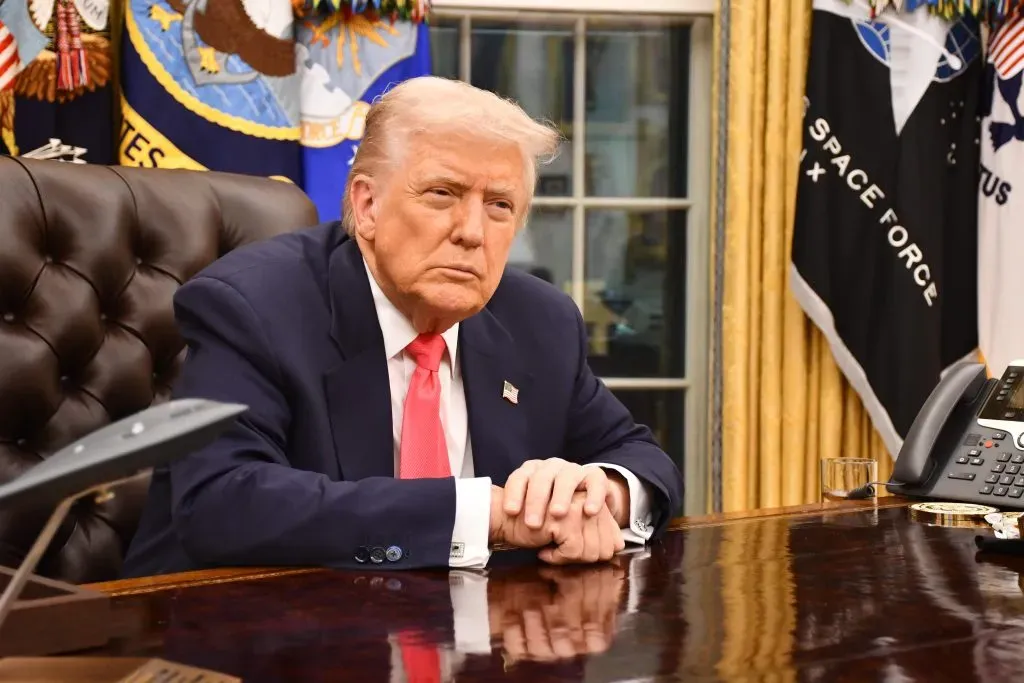Another court motion by ‘Hamilton Electors’ with only hours before they vote
Members of the Electoral College Colorado delegation could be relieved of their duties Monday if they protest a formal vote in an effort to block Republican Donald Trump from becoming the next president.
Two so-called “Hamilton Electors” from Colorado filed an emergency motion in Denver District Court on Monday morning in an effort to delay Monday’s vote, which is scheduled for noon.
The motion asks the court to require Secretary of State Wayne Williams, a Republican, to issue a “standard” oath of office to electors from Colorado, rather than change the oath.
Electors are worried that Williams will have them swear to an oath that conflicts with the requirements of the constitution, in an effort to entrap presidential electors into committing felony perjury. Electors would have to sign the new oath.
The fear is that a new oath would force electors to swear to ” …vote for the presidential candidate and vice presidential candidate who received the highest number of votes at the preceding general election in this state,” which would be Democrat Hillary Clinton.
Electors believe changing the oath is unnecessary, as a lower federal court and the 10th Circuit Court of Appeals in Colorado denied a request from electors to block the state from enforcing the law requiring them to vote for the candidate who won the popular vote in Colorado.
A Denver District Court judge last week also ruled that electors who do not vote for Clinton can be removed from office for refusal to act. “There will be repercussions” if the electors don’t vote for the candidate who won the popular vote, the judge said.
The Colorado Supreme Court on Friday declined to review the case.
Failure to uphold a duty imposed by the election code is a misdemeanor. Following the failed lawsuits, it continues to be law for electors to vote for the candidate who won the popular vote for president in the state. If the electors take the oath on Monday, then they will become public officers subject to the law.
Electors Polly Baca of Denver and Bob Nemanich of Colorado Springs spearheaded the long-shot effort in Colorado, which gained only lackluster momentum on the national level. The plan is to persuade enough fellow electors to vote for someone other than Clinton and Trump, thereby handing the election to a compromise candidate.
The true target is other states where Trump won. The goal is to convince 37 Republican electors to vote for someone other than Trump, which would send the responsibility of picking the president to Congress. It’s unclear how many electors nationwide are considering protesting on Monday and declaring themselves “faithless.” There are a total of 538 electors.
More federal court challenges could follow Monday’s vote, as electors may choose to push the courts to weigh whether the state is constitutionally allowed under the 12th Amendment to remove electors once voting has begun.
The preliminary cases asked the courts to block the state from enforcing the law, but the cases did not require the courts to determine the constitutionality of whether the state can remove electors once voting has begun.
It’s unclear what the electors will choose to do on Monday.
An attorney who represents Baca and Nemanich, Jason Wesoky, said, “My clients do in part feel compelled and coerced by this statute.”











